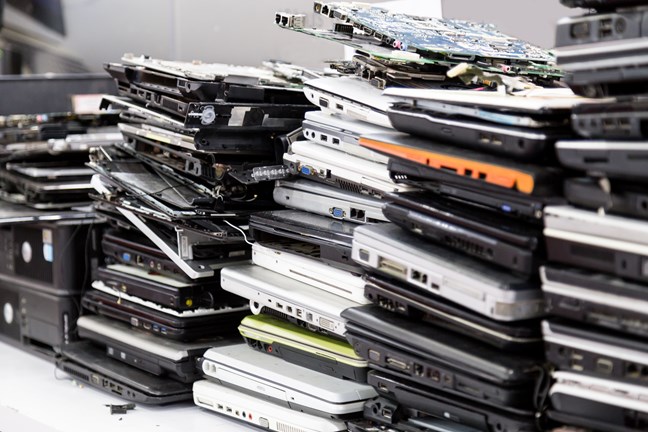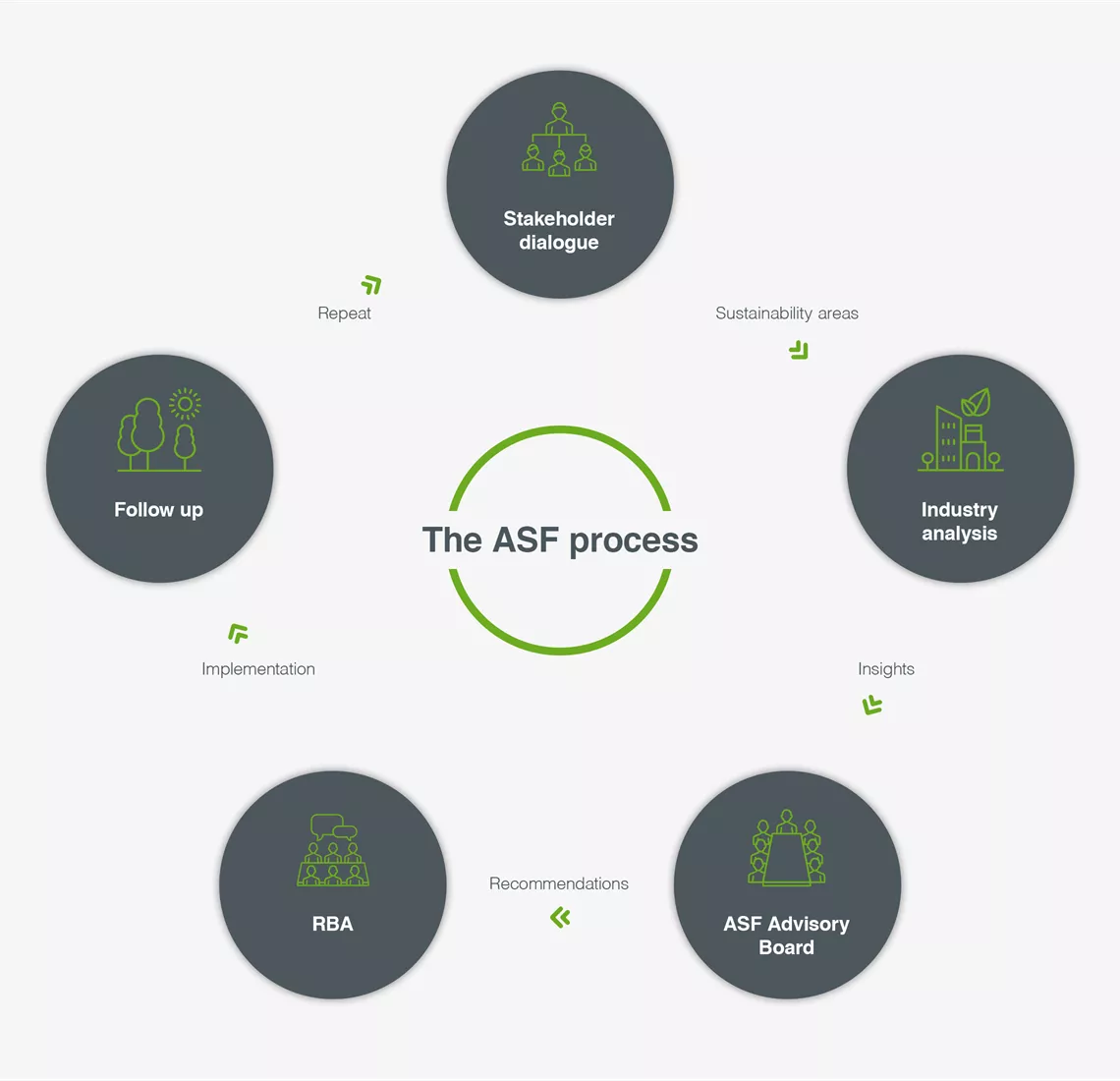
The new ASF report is here!
Each year, the Nordic IT buyers send an important messages to the global IT industry about how we can solve the industry's common sustainability challenges.
We need to get more out of less. This is best done by extending the lifespan of products, the Nordic IT buyers say. It's time to racically expand procuct lifetime. We are ready to do our part. Let's get to work and get more out of less!
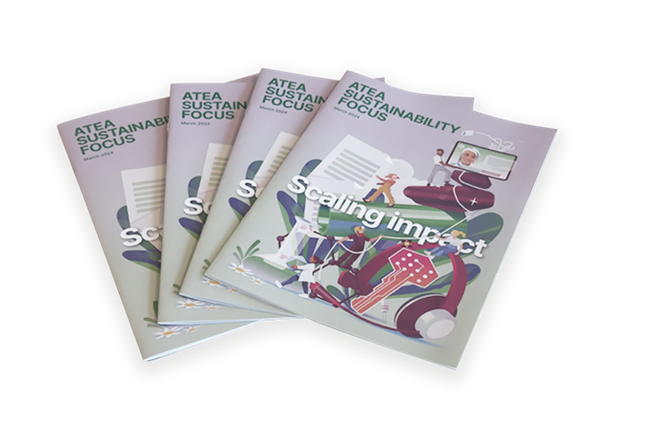
5 core messages for the IT industry:
- Reach an industry-wide agreement on critical obstacles and incentives to close the loop on materials in the value chain. Invite stakeholders to a dialogue.
- Identify which materials are the most significant to close the loop on in order to maximize the sustainability impact.
- Define principles of a system for material recovery that is resource-, energy- and cost-efficient, while also mitigating social impact.
- Investigate and report on how different approaches to development and design of systems, products and services can affect the value of materials and the ability to recover them.
- Based on points 1–4, develop recommendations to buyers on how their actions can support the progress toward a circular and climate-neutral IT industry.
I’m impressed with the actions to assemble stakeholders to address the circular economy recommendations, and I have high expectations on the future collaboration to cover the whole industry.
— Erik Nilsson, IT sustainability manager, H&M
About Atea Sustainability Focus
Atea Sustainability Focus (ASF) is a network of Nordic IT buyers that gives them a combined voice to contribute to increasing the global IT industry’s sustainability. Since the global IT industry considers Nordic buyers to be among the most progressive and ambitious when it comes to sustainability, as a Danish IT buyer you can use this opportunity to use your influence to increase the global supply chain's sustainability.
As part of ASF, an Advisory Board has also been established that on an annual basis considers, selects and provides a number of concrete Nordic recommendations from the Nordic IT buyers directly to the management of Responsible Business Alliance (RBA) that, with 140 members, 6 million employees and thousands of subsuppliers, is the world’s leading coalition for sustainability in the IT industry.
Members of the ASF Advisory Board
Catarina Paulson
Head of Sustainability, Alfa Laval
Maria Faergemann Eg
Sustainable Procurement Manager, Nordea
Erik Nilsson
Project Manager Sustainable IT, H&M
Kajsa Nylander
Sustainable Manager, Systembolaget
Ulf Linderoth
IT strategist, Malmö Municipality
Björn Sigurdsson
Climate Strategist, Uppsala Municipality
Thomas Okke-Frahm
CIO Vestas
Annika Ramsköld
Head of Sustainability, Vattenfall
Peter Nohrstedt
Head of Sustainability, SKL Kommentus
Maria Greve
Sustainable Procurement Manager, Nordea
Åsa-Pia Folkesdotter
Sustainable Specialist, Ikea
Terkel Nordlund
Senior Category Manager, Tetra Pak
Pernilla Bergmark
Master Researcher Sustainability, Ericsson
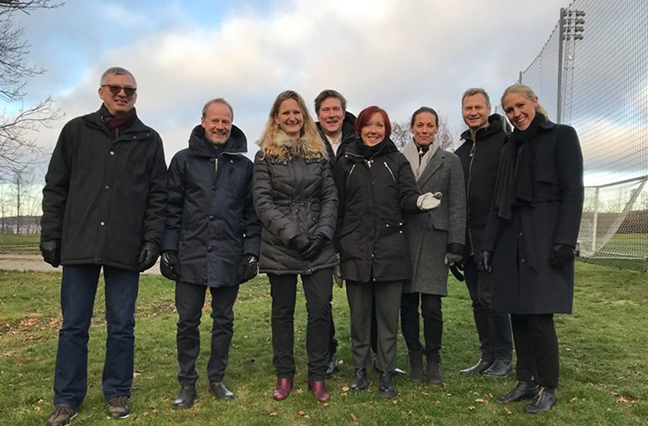
Members of the ASF Advisory Board
What is the process?
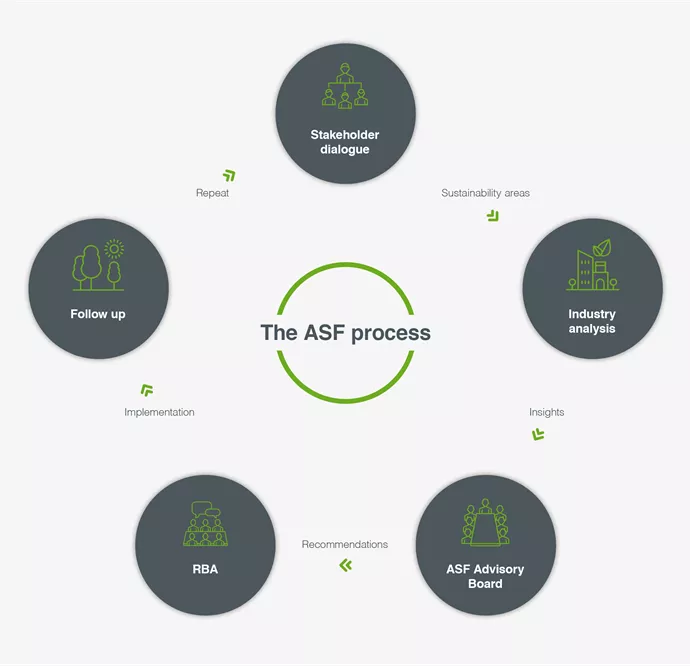
Why do we need to close the loop?
The appetite for materials is skyrocketing
The world is only 8,6 per cent circular, meaning that of all the minerals, fossil fuels, metals and biomass that enter it each year just 8.6 per cent are cycled back.
The consumption of materials has quadrupled since 1970, while the population has only doubled.
In the last two years, consumption has increased by more than eight per cent but the reuse of resources has fallen.
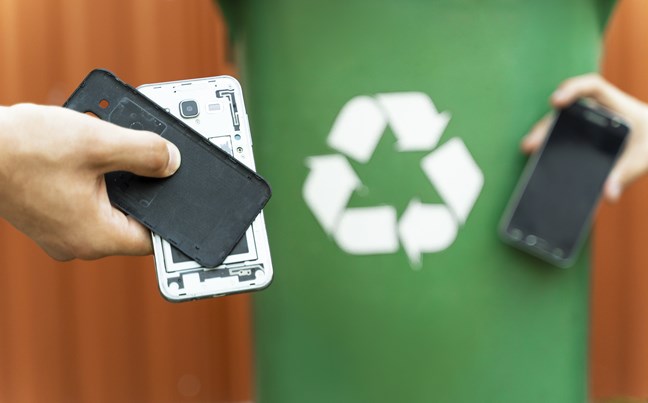
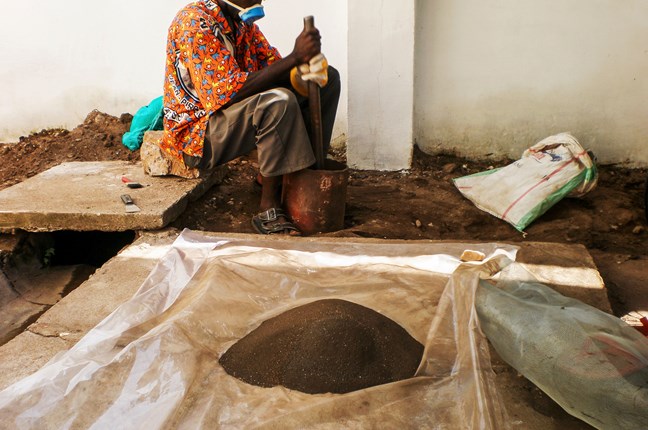
Production paved with problems
Around 70 percent of the carbon footprint from small it products come from the production.
The so called conflict minerals (tin, tantalum, tungsten and gold) on which electronic equipment is heavily dependant, fuel conflicts in DR Congo, with devastating consequences for miners and their families.
Complex supply chains with limited transparency increases the risks for violations of labor rights.
The production of one laptop requires 240 kilos of fossil fuels, 22 kilos of chemicals and 1,500 kilos of water. It generates 1,2 tons of waste.
From e-waste to e-source?
E-waste is the most rapidly growing waste stream predicted to reach 52 million tons in 2021.
Only about 20 per cent is properly recycled.
There is 17 times more gold in a ton of smartphones than in a ton of ore.
The estimated value of the world’s e-waste is 55 billion Euro.
